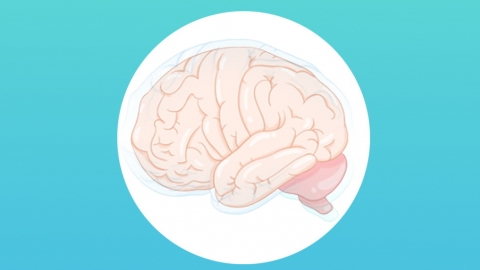Can a mild concussion fully recover?
Minor cerebral concussion can usually achieve complete recovery in most cases, but due to individual differences, some patients may experience lingering aftereffects. If abnormalities occur, timely medical attention is recommended. Detailed analysis is as follows:

Minor cerebral concussion typically occurs when the brain suffers an external impact, causing a temporary dysfunction in the reticular structure of the brainstem. It represents a relatively mild form of concussion. After experiencing a minor cerebral concussion, patients should take medications such as ibuprofen sustained-release capsules and acetaminophen tablets under a doctor's guidance to alleviate symptoms like dizziness and headache. At the same time, patients need bed rest, reduced external stimulation, emotional stability, and must avoid violent shaking of the head. With proper recovery measures, minor cerebral concussion generally resolves completely without long-term sequelae.
However, if patients develop symptoms such as sleep disturbances, frequent vomiting, or severe headaches during the recovery period, and these symptoms persist or worsen, prompt hospital visit for a follow-up head CT scan is necessary to rule out the possibility of delayed intracranial hemorrhage. Additionally, even after recovery, patients may still experience persistent symptoms such as headaches, dizziness, and memory decline, which may be related to brain functional impairments caused by the concussion.
Patients with minor cerebral concussion should maintain healthy lifestyle habits and a positive mindset during recovery, avoiding excessive fatigue and emotional fluctuations to promote physical healing.







